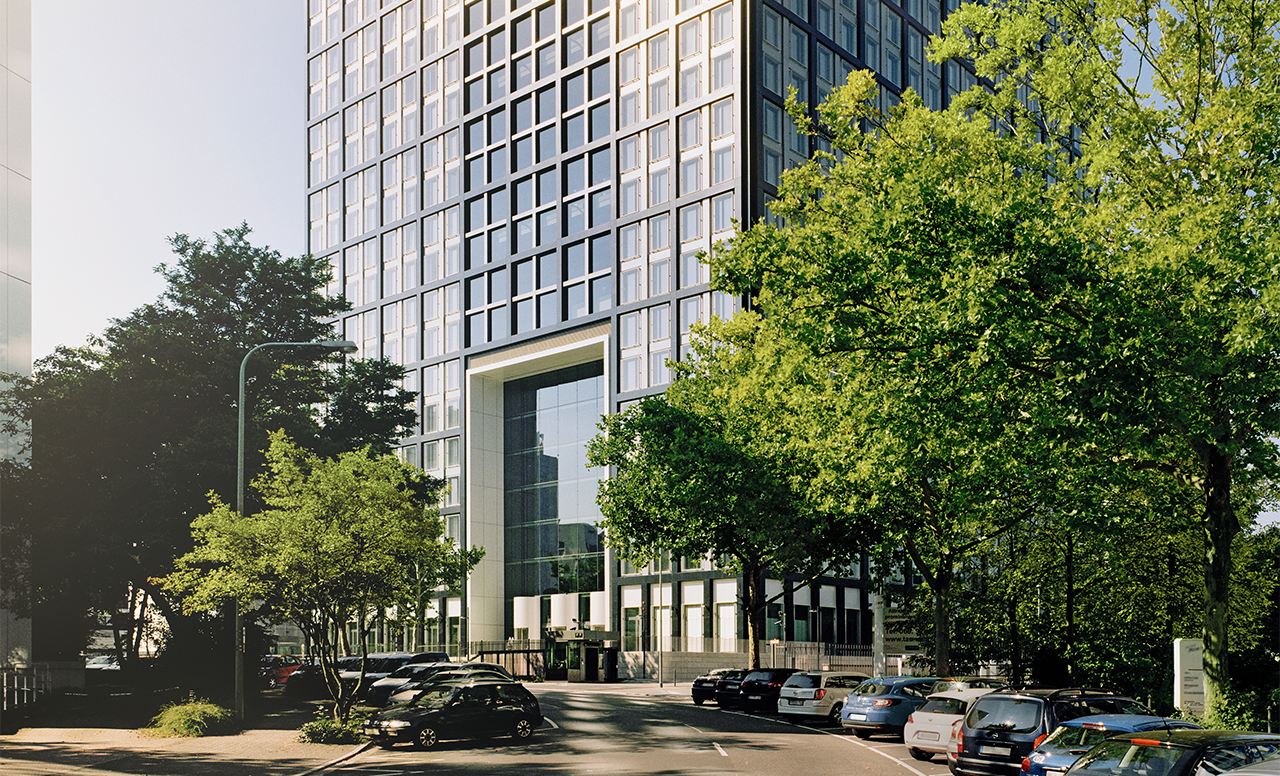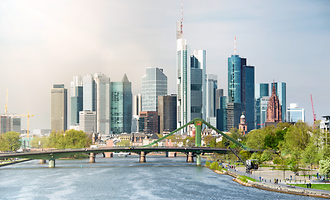Service Navigation
Sustainable Finance Regulation
Sustainable Finance Regulation
Our responsibility
Companies are responsible – not just for their business but also for the transition to a sustainable society. Deutsche Börse Group takes this responsibility very seriously and puts it into practise in its company-wide sustainability management by incorporating environmental, social and governance (ESG) aspects as well as risk factors, and by supporting the allocation of capital to sustainable initiatives. We see this commitment as an ongoing obligation to our employees, customers and investors, society and the environment to ensure that our company remains competitive in the long term, taking all our relevant stakeholder groups into account.
Set an example
Its role as a publicly listed company increases Deutsche Börse’s focus on transparency as a significant aspect of effective capital markets communication. Its aspiration is not to uncritically comply with reporting obligations, but to play an active role in shaping the reporting of tomorrow. Since the Group is convinced that transparency increases trust and creates safety, it supports initiatives on sustainable reporting such as the Task Force on Climate-Related Financial Disclosures (TFCD), the Global Reporting Initiative (GRI) and the International Integrated Reporting Council (IIRC).
Deutsche Börse is further enhancing the quality of its sustainability reporting by integrating key information into the Group’s combined management report and by adhering to the concept of firmly embedding social responsibility and sustainability in all business areas.
Another key element of Deutsche Börse Group’s ESG strategy is the process-based materiality analysis, which provides insight into the needs and expectations of relevant internal and external stakeholders and allows for the definition of topics that are of particular importance.
Build trust
Deutsche Börse Group aims to organise the capital markets to be transparent, stable and fair. For this, it is crucial to foster high-quality information and a constructive dialogue on the sustainability of international capital markets. Against this background, Deutsche Börse co-initiated the Green and Sustainable Finance Cluster Germany (GSFCG). The aim of the cluster is to further promote sustainable development and its transformation process in the financial sector. In doing so, the cluster uses the consolidated financial market expertise to make financial market structures future-proof – both nationally and throughout Europe. For this reason, the GSFCG and Deutsche Börse Group strongly support the ongoing process of the EuropeanCommission’s action plan on sustainable finance and is looking forward to the publication of the Renewed sustainable finance strategy. In order to continuously promote transparency and standardisation on global capital markets, the Group is committed to initiatives and networks like the UN Global Compact, the UN Sustainable Stock Exchange Initiative (SSE), the UK Modern Slavery Act and the Sustainability Working Group of the World Federation of Exchanges (WFE).
Sustainable finance – high on policymakers’ agenda
Deutsche Börse Group genuinely supports the work initiated by the European Commission in recent years, which is aimed at orienting capital flows to sustainable investments and managing financial risk related to ESG factors as well as fostering transparency and long-termism of financial and economic activities.
Sustainable Finance remains high on European policymakers’ agenda, also in the context of the European Green deal – a key priority of the von der Leyen Commission. Further improvements in the availability and disclosure of ESG data can be expected through the EU Regulation on EU Climate Transition Benchmarks and EU Paris-aligned Benchmarks, Sustainable Finance Disclosure Regulation, the development of the EU Sustainable Finance Taxonomy and the upcoming review of the Non-financial Reporting Directive (NFRD).
The EU taxonomy, a classification system for environmentally sustainable economic activities, will be implemented in the coming years and provides a common understanding and allows for increased market innovation and development of new products in order to help reaching the Paris Agreement goals.
Finally, the European Commission is also expected to come forwards with an initiative on how to further embed sustainability into corporate governance frameworks.
Sustainable products and services on the rise
Deutsche Börse Group further pursues sustainability goals through increasingly aligning its products and services to ESG criteria. In this context, the Group’s subsidiary Qontigo has announced the launch of the two first EU-Compliant Climate Benchmark Index families: the STOXX Paris-Aligned Benchmark (PAB) Indices and the STOXX Climate Transition Benchmark (CTB) Indices, which help reduce exposure to climate-related financial risks and include companies that are well-positioned to provide solutions needed to transition to a low-carbon economy. Meanwhile, Eurex pushes the global movement towards more responsible investing by broadening its ESG segment and expanding its range of ESG derivatives to markets beyond Europe with new futures that cover the sustainable versions of key regional and global MSCI benchmarks.
In addition, Deutsche Börse Group holds a majority share in European Energy Exchange AG (EEX). The product and service offerings of EEX and its subsidiaries focus on energy and energy-related markets (e.g. power, gas, emission allowances). By providing liquid, secure and transparent markets, EEX Group plays an important role in improving the efficient functioning of these markets, which are directly linked to questions of climate change. This includes the continuous development of new products and services, which provide market solutions to support the long-term transition of energy systems worldwide to a higher share of carbon-free, renewable energy sources.




